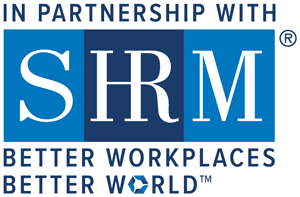
Trauma Informed Leadership: A Guide for All Managers
continuingstudies.wisc.edu/0660-C-PDAS See upcoming datesSummary
Studies are revealing that a large percentage of adults nationwide suffer from abusive childhoods, PTSD, grief from loss and/or other traumatizing events. The ability of individuals to recover from trauma varies widely, and the impacts often carry over into the workplace; affecting performance and reactions to stress. Right now, employees are also dealing with a "quademic" — the combined effects of the pandemic, widening social inequality and injustice, the polarization of political discourse and the rise of global warming. As a result, the prevalence of workers experiencing genuine trauma is surging.
This class will focus on what individual managers can do to recognize and respond to members of their team who are struggling. We will navigate showing compassion without running afoul of employment laws or abandoning work standards and job descriptions. Participants will learn how to deal with worker trauma in ways that go beyond simple expressions of empathy while protecting confidentiality.
Specific how-to approaches and what to avoid will be explored. Leaders themselves may need to recognize their own trauma, and find ways to strengthen their resilience and find resources for support. The two class instructors are an expert in organizational well-being, and an employment law attorney. They will be your guides to navigate effectively in this important new area.
Overview
Desired Learning Outcomes
- Become aware of the prevalence and nature of individual trauma.
- Learn to recognize the signs of trauma in colleagues and direct reports.
- Identify specific approaches managers can use to build trust, create safety, support recovery and avoid retraumatizing those who are suffering.
- Understand the purpose and spirit of relevant labor laws covering privacy and mental health accommodations, such as the federal FMLA, and how to work effectively with your HR department to help employees who are dealing with trauma.
- Identify the risks of simply avoiding the sensitive issue of possibly traumatized staff and how to balance compassion and accountability.
- Clarify the difference between empathy and compassion.
- Learn the role managers can play in post-traumatic recovery and growth, including within themselves.
- Explore how to avoid compassion fatigue and prioritize one's own self-care.
Overview: Extra Information

Division of Continuing Studies is recognized by SHRM to offer Professional Development Credits (PDCs) for the SHRM-CP® or SHRM-SCP®.
Earn Continuing Education Hours
By participating in this class you will earn:
| Instructional Hours | 7.5 |
| University of Wisconsin Continuing Education Units | .75 |
